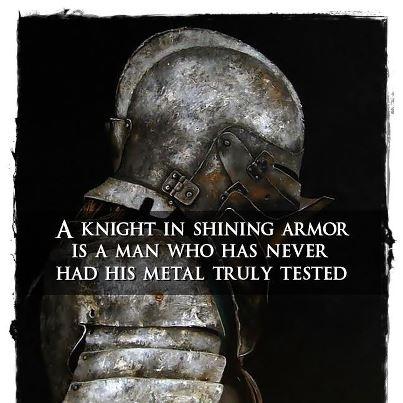In general, the best way is for greedy PCs not to get the loot in the first place thus side stepping the whole problem.
Despite the terrible pun (or nettle Eggcorn?):

However, in this case, it is a great role playing opportunity!
Your player characters have a chance to turn evil or good based on their actions. As the GM, you should lay out to them the choices: be worthy knights or dastardly thieves. Then, let the players make the choice and live with its consequences. If they choose evil by greed and foolishness, this can lead to a great redemption plot as they face the horrors of what they have done and seek to repair them: The King is the Land, a Land without a King (no sword, right?) tarnishes. This roots the King/Land/Sword into Arthurian Legends.
Regardless of the system used, Excalibur should be a sword without stats. No one defines what it does but itself. It should not be reduced to a simple "+5 to hit"… The more unworthy of the sword they are, the more the sword loses its abilities and might even inflict harm onto its yielderwielder. And the more worthy the knight holding it, the more powerful a weapon it can be. Or maybe its powers do not lie in attack and defence but are more subtle?
Do you remember Murphy's laws? The main one being "if anything can go wrong, it will". Maybe Excalibur's main power is to enforce this either for the worthy yielderswielder's enemies or for the dastardly unworthy handling it. When in the hand of a worthy person, Excalibur makes their life easier: everything is easier, luck always on onesone's side, happy coincidences abound. Whereas, if handled by an unworthy one, the reverse is true: wounds fester, food tastes like ash, drinks do not quench thirst, unhappy meetings happen… It is subtle, insidious, and mysterious: just what a magic sword should be.
